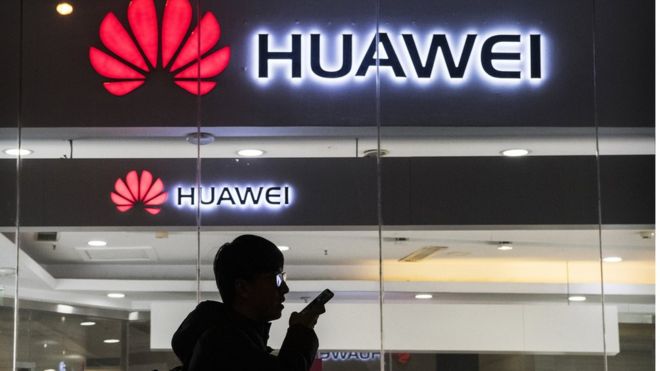
Shenzhen (CNN Business) — Huawei is pressing on with its lawsuit against the United States, challenging the constitutionality of a US law banning federal agencies from buying its products.
The embattled Chinese tech firm said Wednesday that it wants Washington to “halt illegal action” against it, calling US restrictions on Huawei an attempt to put it out of business.
American politicians are “using the strength of an entire nation to come after a private company,” Song Liuping, Huawei’s chief legal officer, said in a press conference in Shenzhen.
The Trump administration has waged a global campaign against Huawei, banning US government agencies from doing business with it and urging countries around the world to remove its telecom equipment from their mobile networks. The White House cites national security concerns, saying Beijing could use Huawei equipment to spy on other countries. The company has repeatedly denied any of its products pose a national security risk.
Huawei filed a motion for summary judgment at a US district court in Texas on Tuesday, asking the court to overturn part of the National Defense Authorization Act. The tech company alleges that a portion of the law — which specifically forbids government agencies from using technology from Huawei and its smaller Chinese rival, ZTE (ZTCOF) — violates the US Constitution by singling out an individual or group for punishment without trial.“The US government has provided no evidence to show that Huawei is a security threat. There is no gun, no smoke. Only speculation,” Song said.
Huawei first filed the lawsuit challenging part of the National Defense Authorization Act back in March.
- Chamisa under fire over US$120K donation
- Mavhunga puts DeMbare into Chibuku quarterfinals
- Pension funds bet on Cabora Bassa oilfields
- Councils defy govt fire tender directive
Keep Reading
The Huawei lawsuit would be “a pyrrhic victory at best” in the face of the new US restrictions, said Paul Triolo, who specializes in global technology policy at Eurasia Group.
The case “looks like the last gasp of the firm’s litigious approach to US actions, and if it is to survive … the firm will have to sue for lenient treatment from the Commerce Department,” said Triolo.
Huawei is the world’s largest telecommunications company and its smartphones compete with the likes of Apple (AAPL)and Samsung (SSNLF). The US export ban forced suppliers like Google (GOOGL) and ARM Holdings to cut off ties with the Chinese company. Top carriers in the United Kingdom and Japan are also delaying the launch of Huawei smartphones.Adding Huawei to the trade blacklist “sets a dangerous precedent,” Song said. “Today it’s telecoms and Huawei. Tomorrow it could be your industry, your company, your consumers,” he added.
Huawei says it has been stockpiling inventory and diversifying its supply chain for years, in anticipation of being cut off from US suppliers.
But experts say being unable to source US parts and components for too long would be crippling. Huawei is a leader in 5G technology, and the trade blacklist could also make it difficult to continue rolling out the ultra-fast wireless tech globally.
Song said being on the blacklist would hurt “more than 3 billion customers” of Huawei in over 170 countries, including in the United States where it still works with some rural operators.
“Connectivity is a basic human right, and the US government is putting their rights at risk,” he said.











